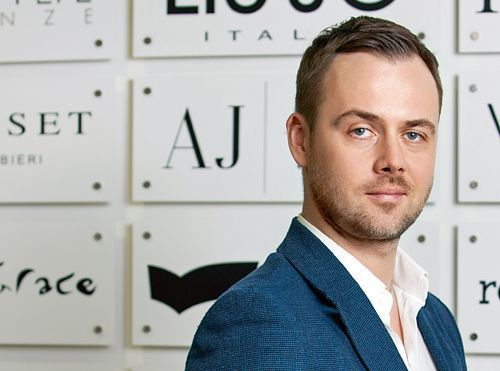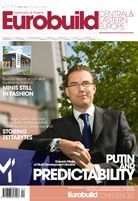According to CBRE’s ‘How Active are Retailers Globally?’ report, Poland is the 13th (out of 60) most favoured location for tenants across the world, with 14 pct of the 130 retail companies surveyed wishing to expand their networks into this country. American companies are currently highly active when it comes to growing their chains – almost half (47 pct) have been drawing up large scale expansion plans, and 10 pct of these have declared an interest in the Polish market. Where does the interest stem from? “Increasing trust and a revival in the international retail tenant community is now bearing fruit in the form of the return of large scale expansion plans. Even though the pace of growth has decreased over the last few years, global tenants have been clearly expressing an interest in extending their investment in retail chains in 2014. The broad range of markets they are choosing highlights the continuing significance of international expansion,” explains Peter Gold, the d





























































